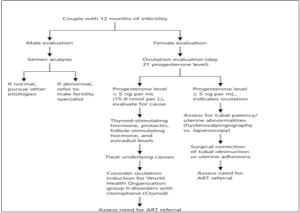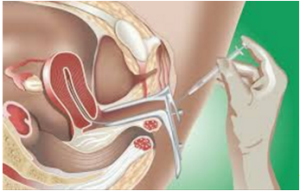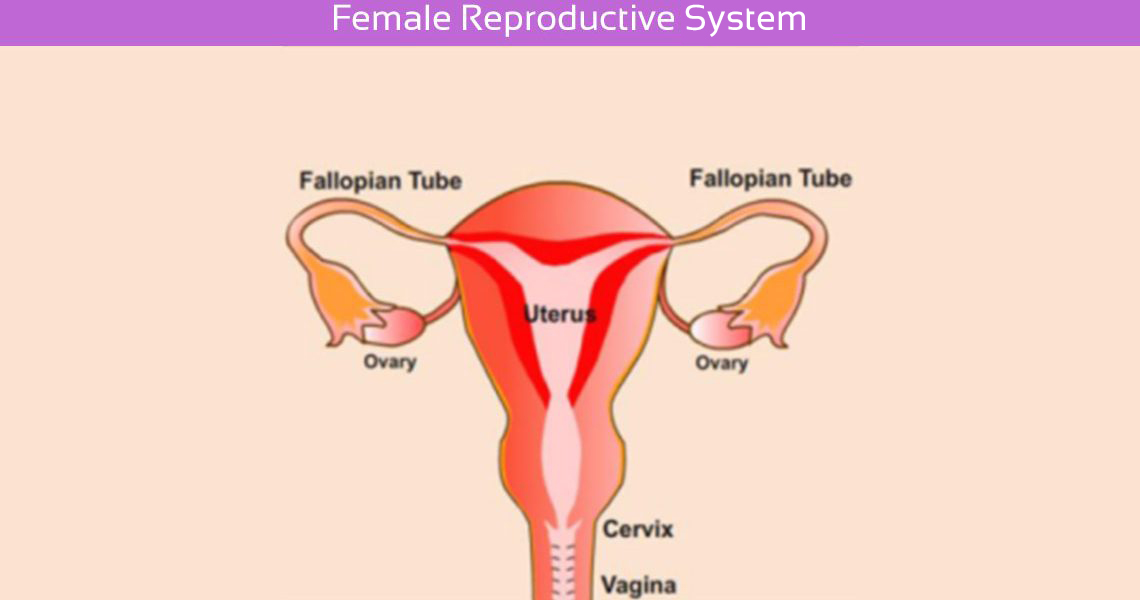What is infertility?
Infertility is defined as the inability to conceive after 12 months of unprotected, regular sexual intercourse.
How common is the problem?
Infertility is a medical condition that affects up to one in six couples of reproductive age.
What influences infertility?
The single biggest influence on a couple’s chances of getting pregnant is a woman’s age. Male infertility plays a close second to this, together affecting almost half of all infertile couples. As couples wait longer to have their first baby, establishing careers, relationship and financial stability first, the outcome is often increased difficulties in conceiving naturally.
What are the causes of infertility?
Causes of infertility are varied and can include:
- Problem with the production of sperm or eggs.
- Structural or functional issues with the female or male reproductive systems.
- Hormone or immune conditions in men, women or both.
How do we assess female infertility?
The first step for couples seeking fertility treatment begins with a thorough assessment of both partners, including a detailed medical history and number of routine tests.
To measure female fertility, the following tests are often performed:
- Ovulation tests a quick blood test to asses if the woman is producing an egg each month or not.
- Ultrasound scan a scan to look at the condition of the uterus and presence of issues like fibroids, cysts or Polycystic Ovarian Syndrome (PCOS).
- Ovarian Reserve (AMH Test) a blood test that measures the level of AMH hormone to help estimate the number of eggs she has, especially when they are at risk of decreased ovarian reserve. Eg: advanced maternal age/ history of previous ovarian surgery/history of cancer chemotherapy or pelvic radiation.
Sometimes fertility specialists also perform additional tests, including a hysterosalpingogram (HSG), sonohysterogram or diagnostic laparoscopy, to better assess the condition of the woman’s fallopian tubes, ovaries, and uterus.
How do we assess male infertility?
The most important diagnostic test to assess male infertility is a semen analysis. In nearly all cases, man does not display any obvious outward signs or symptoms that may indicate an issue with his fertility.
Specialist Andrology assessment of sperm is essential to measure:
- The number of sperm, volume, and consistency of the sample.
- The size and shape (morphology) and ability to move (mobility) of the sperm, both of which can interfere with penetration and fertilization of an egg.

What treatment options are available for infertility?
There are numerous treatment options for couples struggling with infertility. At the simpler end of the scale, follicular tracking by ultrasound, to detect ovulation is an important starting point for many couples, as they are taught to identify the most fertile days of woman’s cycle. This helps them to time intercourse accordingly for the best chance of conceiving. A step up from this, Ovulation Induction uses medication to regulate the woman’s cycle so she is ovulating regularly.
Intrauterine Insemination (IUI) is another option for couples with unexplained infertility and is a simple way to achieve pregnancy. A prepared sperm sample is injected into the upper part of a woman’s uterus around the time she is ovulating; ovulation can occur either spontaneously or with hormone treatment.
A more advanced treatment option, In-vitro Fertilization (IVF) is used in cases involving male and female fertility issues and requires the retrieval of eggs from the woman’s ovaries so they can be fertilized with the man’s sperm in the laboratory. The resulting embryos are then inserted into the woman’s womb to achieve pregnancy.
In case of severe male infertility, Intra Cytoplasmic Sperm Injection (ICSI) is the gold standard in treatment options. Used alongside IVF, an embryologist only needs one live sperm cell in the semen sample for selection and injection directly into the body of the female egg to enable fertilization daily.
Overview of an IVF Cycle

IUI- Intrauterine Insemination

What is the right time to have a baby?
Women 35 years and older are encouraged to get medical advice if they haven’t conceived within 6 months of trying naturally, while women under 35 years can try for up to 12 months before seeking medical help. Starting early and getting the right help is the key to success when trying for a baby.
Reference
- Diagnostic evaluation of the infertile female; a committee opinion: practice committee, ASRM: Fertility and sterility, vol 103, no6, June 2015, 0015-0282
- Diagnostic evaluation of the infertile male; a committee opinion: practice committee, ASRM: Fertility and sterility, vol 103, no3, March 2015, 0015-0282



